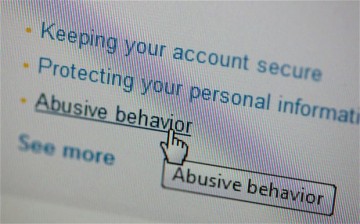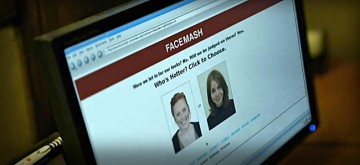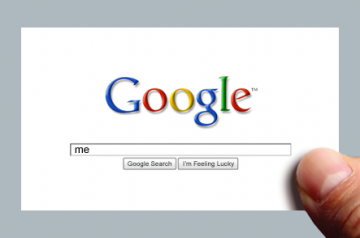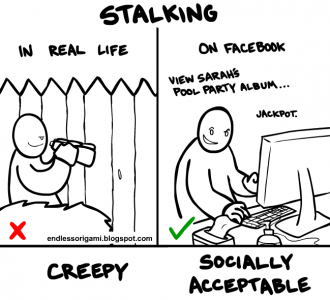It can often feel like social media and other online start ups are constantly begging for the attention of young adults. Mobile apps like “Draw Something” have atmospheric rises only to become passe in a few short months. With all of these different applications and networks vying for space in your smart phone, why should you as a university student worry about yet another social network?
Chances are you have heard about LinkedIn. Perhaps a professor insisted you create an account for class or created a profile in order to view where your friends worked over summer vacation. LinkedIn is a great-grandfather in social media years. The company was launched on May 5th, 2003 before dawn of Facebook or Twitter. The site quickly found it’s niche in professional connections and user numbers skyrocketed. There are currently over 260 million LinkedIn users from all over the world. LinkedIn connects professional networks by allowing users to maintain an active resume, post or apply for jobs and to follow different companies users my be interested in.
Why should university (and even high school) students maintain an active LinkedIn profile? Even if you aren’t currently looking for a job, LinkedIn provides you as a student a free and easy to use platform to share your current resume. A well written resume presents a positive perspective of your school, work and extracurricular activities. It’s impossible to oversell yourself on a resume, just stick to the truth and don’t be afraid to show off.
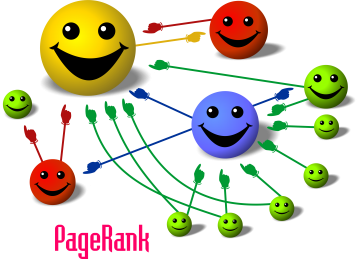 LinkedIn also has a high Google page rank. This decides the order of results after a Google search. A Google page rank takes many different factors into account, one of which is the number of times other pages link back to the page being indexed. A higher Google page rank means that when someone searches for your name chances are that your LinkedIn resume will be one of the top results. Having control over what information appears when your name is being Googled helps you create a positive online identity. What would you rather have ranked first for all to see, your work and volunteer history or that tweet you composed at 2 am?
LinkedIn also has a high Google page rank. This decides the order of results after a Google search. A Google page rank takes many different factors into account, one of which is the number of times other pages link back to the page being indexed. A higher Google page rank means that when someone searches for your name chances are that your LinkedIn resume will be one of the top results. Having control over what information appears when your name is being Googled helps you create a positive online identity. What would you rather have ranked first for all to see, your work and volunteer history or that tweet you composed at 2 am?
It’s important to keep your resume up to date. Just as recently updated resume can create a positive digital identity, a poorly maintained LinkedIn profile can look worse to a potential employer than none at all. LinkedIn also has a simple one click resume creation function so when do begin your job search, you don’t start at square one. After you take the time to create a complimentary portrayal of yourself to share with the world, take a well deserved mental break and play a game of DropIn, LinkedIn’s Tetris based JavaScript game where you play using the faces of your connections. Who said networking can’t be fun?
Do you have an active LinkedIn profile? Why would or wouldn’t you choose to create one? Leave your answer in the comments below.
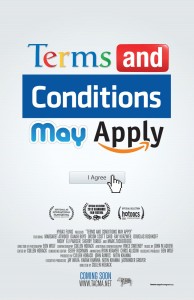
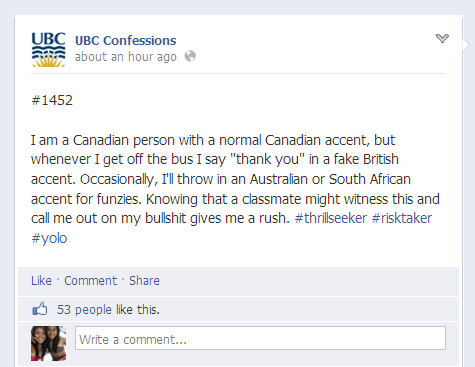 Though the majority of content on confessions pages tends to be innocent quips and stories about amusing campus escapades, these pages have been criticized as a severe breach of privacy and a potential platform for cyber bullying. Typically, confessions pages are structured so that submissions are sent to page administrators using a
Though the majority of content on confessions pages tends to be innocent quips and stories about amusing campus escapades, these pages have been criticized as a severe breach of privacy and a potential platform for cyber bullying. Typically, confessions pages are structured so that submissions are sent to page administrators using a 